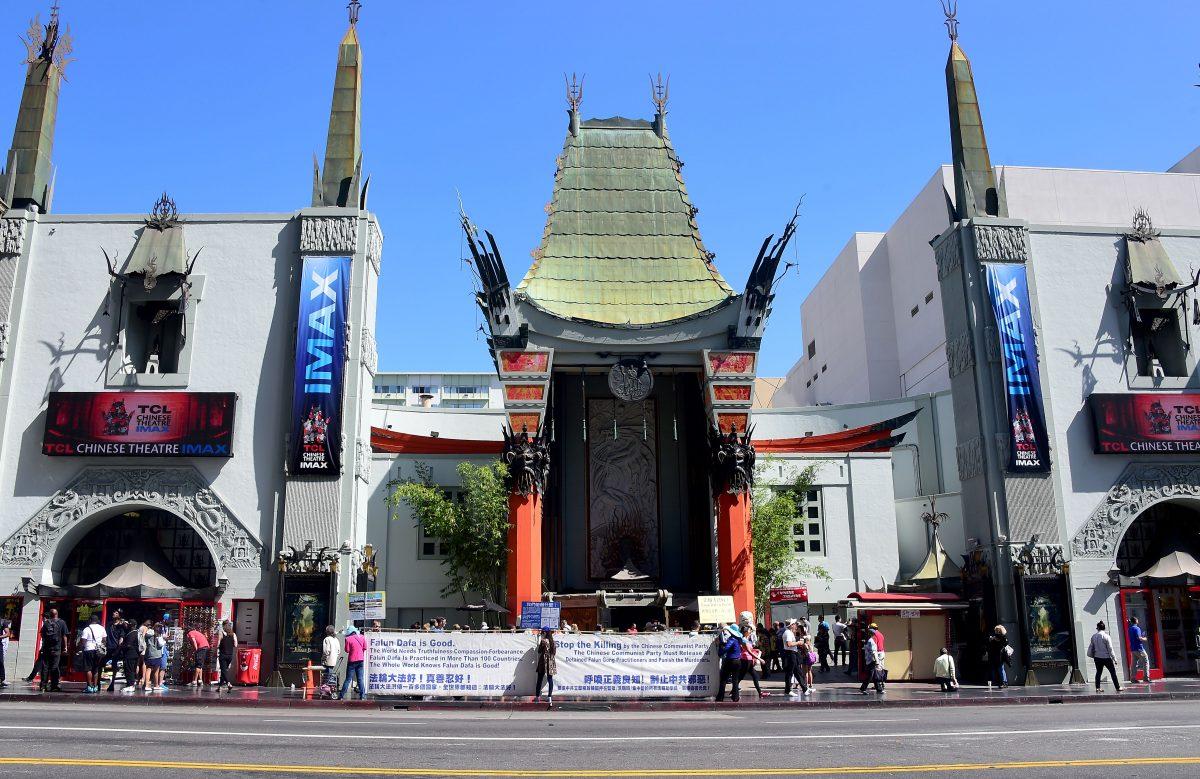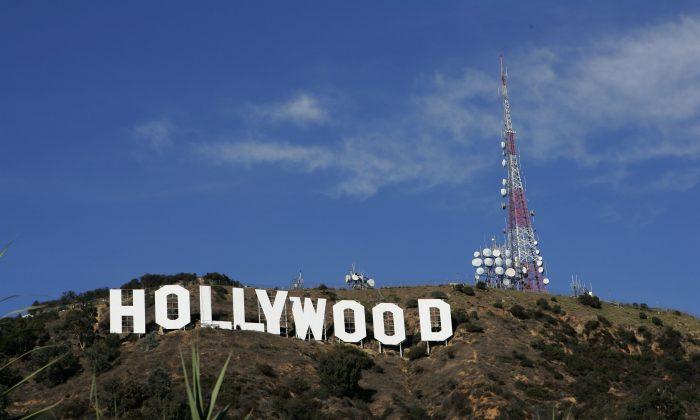After all, they noted, James is “a huge commodity in the basketball-obsessed country, where his signature Nike sneakers are made.”
Sadly, his movie never made it past the Chinese censors. Why?
In one word: Nike.
Considering James wears Nike footwear in the animated film, Variety’s assertions appear to be accurate.
According to The Hollywood Reporter piece, other movies that desperately tried to cater to the Chinese market, like “Shang-Chi and the Legend of Ten Rings” and “Eternals,” also failed to penetrate the Great Movie Wall of China. These movies, we’re told, “were built around Chinese talent in order to make a giant showing in the market. But to no avail.” Neither of these movies ever made it to a Chinese movie theater.

Trading Quality for Quantity
In December, the author Derek Thompson wrote a wonderful essay that perfectly encapsulated the Hollywood problem.
“What’s changed,” he wrote, “isn’t minds but markets.” More specifically, “the international market for blockbusters.”
In an effort to capture a global audience, instead of just a Western one, studios focused less on developing characters and witty dialogue and more on special effects. Genuine thrills were replaced by aesthetically costly ones, but inherently cheap ones.
“Simultaneously,” according to Thompson, “the rising cost of producing and marketing blockbusters encouraged the major studios to place their bets on safe projects.”
This meant more and more franchise installments. Think “Harry Potter,” “Lord of the Rings,” “Transformers,” “Spider Man,” “Iron Man,” “Justice League,” “Fast and Furious,” etc. Now, not all of these are bad, of course. Some of them are quite good. Also, franchise movies existed long before Daniel Radcliffe and Shia LaBeouf sprung to prominence.
We had “Rambo,” “Rocky,” “Die Hard,” “Lethal Weapon,” “Beverly Hills Cop,” etc. But these were quintessentially American movies. They still had global appeal, of course. But they were unmistakably American. Bruce Willis, Mel Gibson, Sylvester Stallone, and Eddie Murphy were charismatic heroes with a backstory and an actual identity. Alas, those days of complex characters are long gone. Instead, it’s much easier to churn out the same old content with minor tweaks around the edges.
As Thompson noted, the market shifts “have created a self-perpetuating cycle: American moviegoers (criminally!) ignore well-reviewed original movies without CGI, since many of them reserve their few annual movie tickets for stories they already know. Movie studios both respond to this audience behavior and drive it, by investing more heavily in action-packed franchises, validating and deepening the audience desire for explosive sequels.”
How many sequels? Well, as many as China wants, or at least that used to be the case up until very recently. However, last year, when “Fast and Furious 9” (yes, the ninth installment) hit the Chinese market, the reaction it received was, at best, lukewarm.
According to the South China Morning Post, the movie “racked up 1.2 billion yuan (US$187 million) at China’s box office earlier this month [and] provided a welcome boost to the ailing Hollywood industry. However, this seemingly glowing figure is a far cry from the China box office takings of the franchise’s previous films. Its eighth installment took in 2.7 billion yuan in 2017 and its seventh, released in 2015, grossed 2.4 billion yuan.”
Vin Diesel appears to have run out of ... well, diesel. Why has China soured on Hollywood? The demand for domestic films in China is growing. Two reasons: As the South China Morning Post piece noted, “insiders blame the repetitive nature of US film franchises, and rising production values in Chinese cinema.”
However, it’s important to note that the CCP hasn’t completely closed the door on Hollywood. Not at all. It has imposed stricter restrictions. The barriers to entry have been raised, considerably so, with only the most China-friendly movies getting the green light.Chaudhury uses “Eternals” movie director Chloé Zhao as an example. She “became an eyesore for the CCP after her old anti-China quotes went viral, including one in which she asserted that ’there are lies everywhere' in China.”
To enter the Chinese movie market, the most lucrative market in the world, Hollywood executives will have to engage in even more self-censorship.
Now, those executives find themselves faced with an important question: should we double down on our commitment to China, or should we instead make movies that have some integrity and artistic merit? This question is an important one. The next few months will provide us with an answer.






Friends Read Free